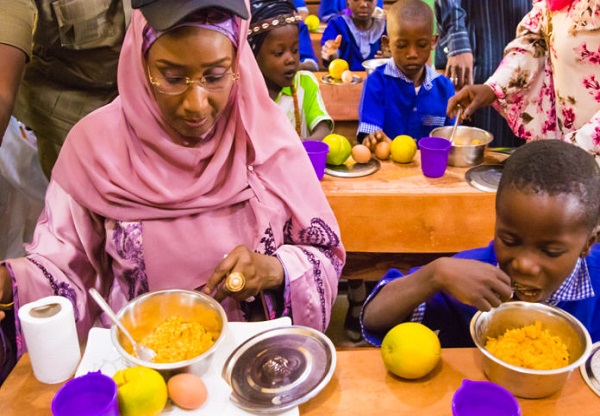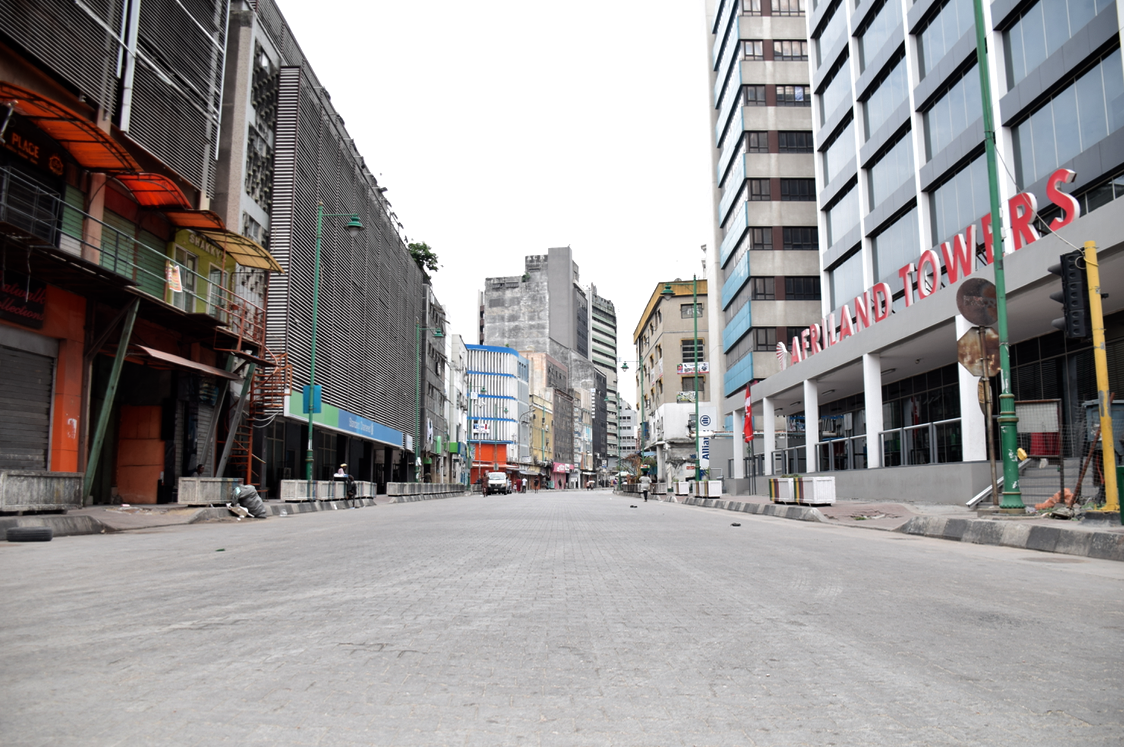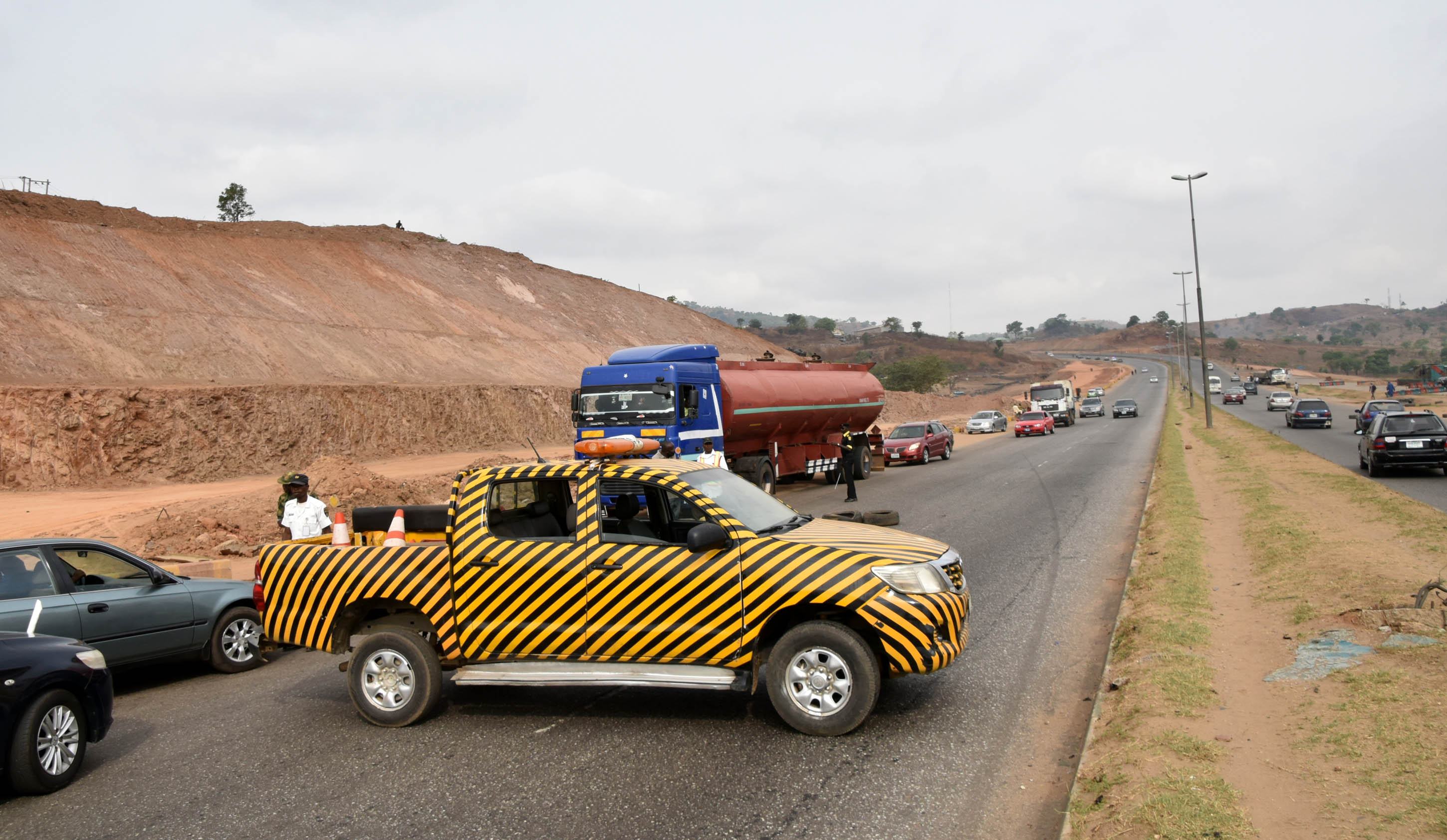It is no longer news that COVID-19 has brought untold disruption to classroom education in almost every part of the world. Going by statistics from the United Nations Educational, Scientific and Cultural Organisation (UNESCO), as of March 28, 2020, over 1.7 billion students in 120 countries and 60.2 million teachers were out of school due to closure of educational institutions in response to the pandemic. This, the world body says, has impacted nearly 90 per cent of the world school population. This is bad news even in nations that have access to online education, not to imagine in a country like Nigeria, where there are no resources for mass online schooling.
When President Muhammadu Buhari decided to address the nation last Sunday, some of us had thought that the President would talk about plans being put in place to cater for the learning needs of millions of Nigerian students forced to be at home at this critical period. We had expected that the President would direct the Universal Basic Education Commission to roll out alternative learning outlets for pupils in basic classes up to JSS 3 to reduce the rate of dropout that may result from prolonged school closure.
Personally, I had expected the UBEC to come up with ideas on how to keep Nigerian children busy. And since the President is the visitor to all the Federal universities in the country, I had thought that he would instruct the National Universities Commission to make sure that all federal-owned universities offer one form of online education or the other to their students as being done in other parts of the world. After all, the Federal Government controls the Nigerian Communication Satellite Company that could have deployed its technology in this direction.
But alas, all of these expectations were dashed as the President didn’t touch on any of them in his broadcast. The closest thing the President said about the education sector was the directive to the Ministry of Humanitarian Affairs, Disaster Management and Social Development to work with state governments in developing a strategy on how to sustain the school feeding programme during this period. For those wondering about how government could possibly feed children when schools are already closed, Hajiya Sadiya Farouq, the minister in charge of the Humanitarian Affairs, Disaster Management and Social Development ministry, during a joint national briefing of the Presidential Task Force in Abuja, said she had started talks with state governors to ensure the continuation of the programme as directed by the President. Although she couldn’t offer any explanation as to how this would be achieved.
Advertisement
I am concerned about the messages we are conveying to the rest of the world about Nigeria. Are we telling the world that we would rather go on with a feeding programme that we have no idea of how we will execute or monitor than proffer a digital solution to the problem of absence of classroom teaching for the Nigerian student population? Are we saying that we would rather distribute food to imaginary pupils than embrace technology that will give our students access to online education to bridge whatever learning gap occasioned by closure of their schools?
As it is, apart from curtailing the spread of COVID-19 pandemic and ensuring that everyone down with the challenge is rescued medically, perhaps the next important thing occupying the mind of many leaders in the world is how to keep their student population engaged in their academic activities throughout this whole crisis. As scientists and medical personnel are busy seeking solution to COVID-19, educationists everywhere are also busy looking for ways of minimising the effects of the pandemic on their academic calendars. Their think tanks are busy working on alternative means of support to students since they don’t have an idea of when this whole thing will come to an end. Honestly, those are the kinds of activities I had expected to see around government institutions like NUC, UBEC, TETFUND and the rest of them especially going by the attention to these issues by global bodies.
Already, UNICEF is providing $8.8m to assist children and young people in 87 developing countries access learning opportunities during the COVID-19 pandemic. UNICEF Executive Director, Henrietta Fore, who announced the contribution made by Global Partnership for Education, said the body would also provide $4 million of resources to reach an additional 58 countries.
Advertisement
If global bodies are taking this kind of giant step, why should the only form of palliative from the giant of Africa to its students be centered on providing meals for some imaginary primary school pupils? I can’t get it. Maybe, it would have been more understandable if the Federal Government had said it would feed school pupils in addition to finding a way of teaching them online to reduce the economic burden on parents who may face challenges of feeding their children in the absence of school meals. Then one could have rightly argued that government was trying to use food as a bait to make the children continue their learning online or through whatever means aside the classroom setting.
Truly, we know that Nigeria does not yet have enough capacity for online learning, but the country could have just seized this opportunity to develop itself in that area. That to me is a better way of responding to a problem than ordering that kids should be fed. No one could really say for sure that the feeding programme was running at its best even when school was in session due to the different layers of corruption in our system. Is it now that the schools are closed that the school feeding programme would be properly monitored? How will they serve the food? Are they going to be taking it from house to house or what? This is like deliberately opening the door of looting and stealing for some people. We don’t need that. Since we know that education is the ladder to development, it is better we leave the shadows alone and go after the substance. The goal of the school meal programme is to boost school enrolment and brighten the chances of education for the Nigerian child. In other words, education is the reason for the school meal. So, we shouldn’t be talking about school meal in isolation of the real education it was meant to enhance. Feeding pupils without talking about teaching them does not make sense at all.
Unfortunately, some poorer African countries are performing better than Nigeria in their deployment of technology in helping their students in the midst of this crisis. A Nigerian, who is a professor in one of the universities in Rwanda, shared his experience with me last week while reacting to my last article.
His comments: “I write to commend you for your article which I read today on the need for e-learning in our education systems. Without doubt, this is apt and a multifaceted rod to hit the messy mud of truth in challenging the giant of Africa to its core conscience.
Advertisement
“On the e-learning, let me say here that I am a lecturer with the University of Rwanda. I moved to Rwanda about three years ago from a federal university in Nigeria. Getting to Rwanda, my first class room experience was a total opposite of what I conceived in my mind. I had thought I was coming to meet a completely backward environment that would tell on the faces of both lecturers and the students. I was wrong. Though education system in Rwanda is not devoid if its lapses, nevertheless, in the aspect of e-learning, Rwanda, nay University of Rwanda is superb.
“Presently as I write this message, today Friday 27 of March, make a complete two weeks I have been indoor due to COVID-19 pandemic, yet I continue lecturing my students, especially the PG students. Although what I am not comfortable with in your write up is the aspect of laying the wreath of blames at the feet of the university lecturers. While I am not completely absolving them from all the backwardness, I think it will be a total pars pro toto to pour the whole venom on them.
“I saw the current ASUU strike as an attempt to be evasive as a result of non availability of materials to function. You may want to know why I made the above statements. Let me start by saying that University of Rwanda operates a multi-campus system scattered across the entire country. My campus is located in a town called Nyagatare, a border town with Uganda in the eastern region of the country, yet PLEASE NOTE: in the last three years, I have not experienced power failure beyond five minutes at a time and probably twice a month; the country is covered by G5 network, no part of the country experiences the “No Network” syndrome as we do in Nigeria; Network/data are available at a very low rate and all campuses are equipped with Wi-Fi that could be accessed freely by both students and staff.
The same thing obtains at Egerton University of agriculture in Kenya where I serve as resource person.
“I would like to tell you that I was (and I’m still) in the university in Nigeria. It is always a shame each time I return back home for holiday when messages that require urgent attention would stay in my inbox for either lack of electricity or network. Before I left for Rwanda, I was supervising some PG students back home, getting to Rwanda I discovered that it was so easy to attend to my students back home, even though they will have to make use of business centres.
Advertisement
“In conclusion, I find your piece so challenging and pray we will get there, however, ASUU members will definitely not use their stipends for the procurement of facilities for learning.”
This long epistle speaks for itself. From my further research on Rwanda, I came to the conclusion that stopping teaching and learning was never an option. Nearly all the universities in the country shifted online since the lockdown there took effect on Saturday, March 21, 2020. Lecturers could send resources in the form of web links and educational videos while students could easily submit their assignments at an agreed date. We can’t boast of such in Nigeria. Even as at today, only very few private universities in the country are trying to move their lectures online. In fact, majority of them are doing nothing.
Advertisement
Come to think of it, what would it really cost the Federal Government to use radio and television stations to teach school pupils during this period? If access to TV is restricted, many people have access to radio. Thankfully, radios can run on batteries, hence don’t necessarily require electricity to function. Besides, radio signals could reach the remote parts of the country. Some state governments have already indicated interest in using this method to teach pupils preparing for external examinations. This shows that there is a lot that government can do despite its current predicament if it is truly interested in doing something.
I can never stop emphasising the need for Nigeria to embrace technology in teaching its students. That is the way to go. There is no point creating avenue for corruption when things that we need money for are staring us in the face. Even if investment in online technology does not serve our purpose now, such investment will surely be useful in future. It is better for the nation to invest in what is measurable than putting money on school feeding that may end in some people’s pockets.
Advertisement
Deji-Folutile is the editor-in-chief of Franktalknow.com and member, Nigerian Guild of Editors. Email: [email protected]
Advertisement
Views expressed by contributors are strictly personal and not of TheCable.
Add a comment







